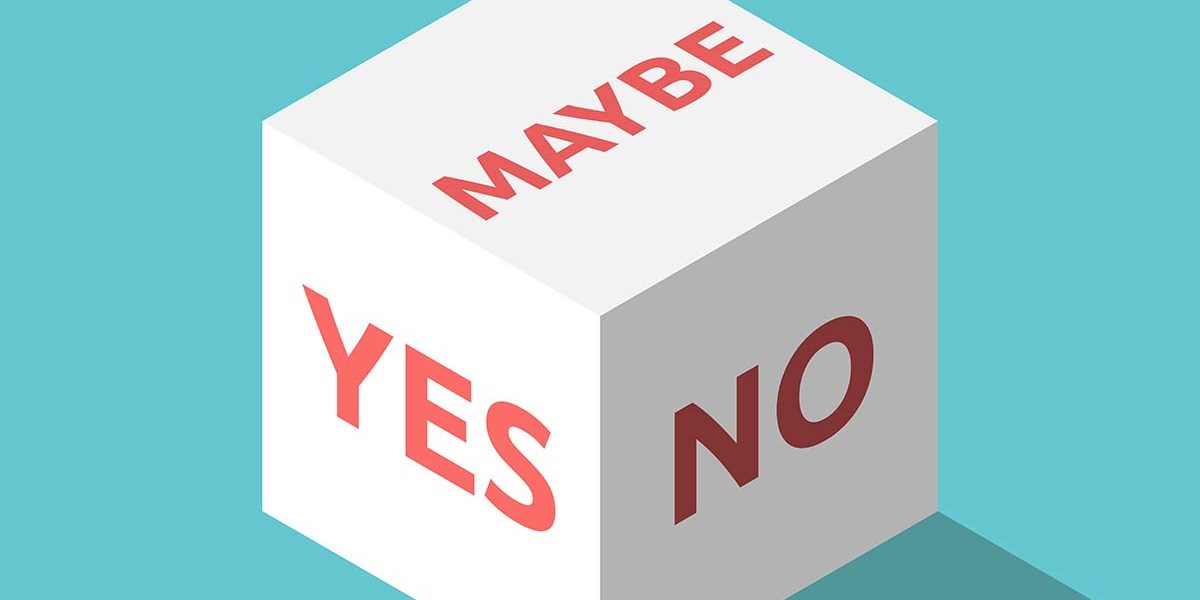We recently held a webinar entitled: “Are you prepared for the new Unified Patent Court System in Europe?” In the session Gordon Harris chaired a discussion with the following panelists: Michael Carter, Anthony Dearden, Seiko Hidaka, Clémence Lapotre and Edith Penty Geraets, who provided insight and guidance to practitioners and clients whose work over the coming months will likely involve the new system. Particularly, the webinar covered the following topics:
- What should I be doing now if I own European patents?
- What strategies should I adopt to ensure my patents are not at risk in the new system?
- Should I opt-out and keep my patents outside the new court system?
- If so, how do I proceed?
- Should I use the new pan-European designation for new patents?
There were 112 participants in attendance. Polls conducted during the webinar for participants addressed the following three questions:
- How well informed do you consider yourself to be about the UPC/UP system?
- If you own European patents or advise people that do, how likely would you be to opt out from what you know so far?
- How do you feel about the UPC/UP system?
The key take-aways from the polls are:
- The majority of attendees (~60%) consider themselves to be at least fairly well informed about the UPC / UP system. We are still a few months away from implementation, but the fact that many stakeholders already feel that they have a grip on the system, despite the complexity of the UPC Agreement and the Rules of Procedure, reflects the time and resource that innovating businesses in Europe have already invested.
- On the face of it it is quite striking that 90% of attendees would be “quite likely” or “very likely” to opt European patents out of the UPC system. However this does not necessarily mean that stakeholders are negative about the UPC. Opting out patents removes a third party’s right to centrally attack the patents before the UPC yet the patent holder can subsequently withdraw the opt out in order to enforce before the UPC should it wish to do so (unless the third party has already attacked the patent in a national court). Opting out does not necessarily mean that patent holders are planning to shun the UPC altogether.
- Indeed, a significant proportion (~40%) have positive feelings about the UPC. Almost half of attendees (46%) describe themselves as “indifferent” to the UPC / UP system. We suspect that in both these camps a significant portion will wait in the side-lines and watch the action from afar, at least initially. During the transitional period, patent holders have the option to avoid the jurisdiction of the UPC by opting out – take up of the UPC will likely depend on how patentee friendly it is, how efficient both in terms of time and cost, and how well reasoned and consistent the decisions are. This is what stakeholders will be looking out for.
The key top tips of the UPC webinar panelists arising out of the discussion are recorded here.
Further details on opt-out are available in previous blogs (see for example our post discussing the pros and cons of opt-out and about the non-contentious issues (e.g. concerning licenses and development agreements) which could arise).
The full results of the polls were as follows:



About the author(s)
Alex has significant experience in patent litigation and licensing matters in the telecommunications, engineering and tech fields. Much of his experience has been multi-jurisdictional in nature.

